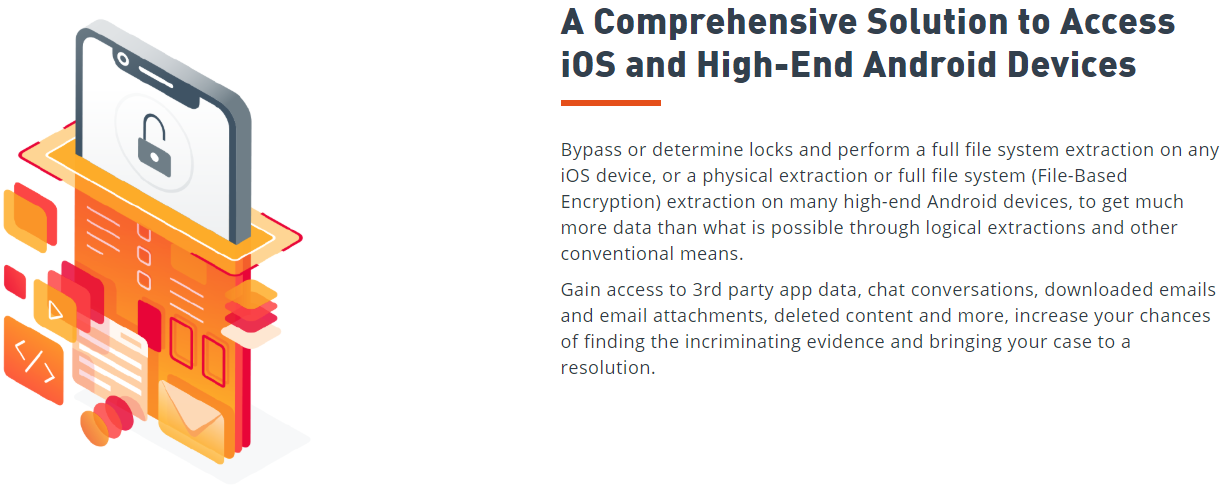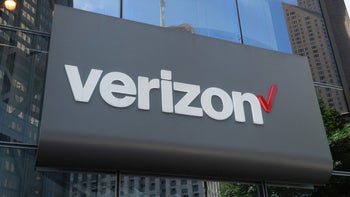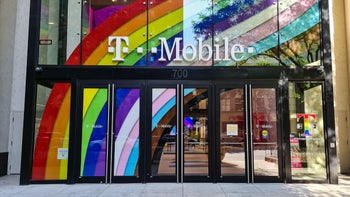The iPhone can be cracked, and Apple gave iCloud data, so why is the FBI on its case?
This article may contain personal views and opinion from the author.

- iPhone 13 release date, price, features, and specs
As a company that prides itself on its privacy record and refusal to turn the customer into the product by providing free services and then using the mined personal data to create revenue, Apple wants to stay on its customers' good side.
The Attorney General, however, might have tried to co-opt President Trump in the revived crusade against encryption as, despite his personal relationship and consulting with Apple's CEO Tim Cook on tariffs against China and other matters, he tweeted the following yesterday:
We are helping Apple all of the time on TRADE and so many other issues, and yet they refuse to unlock phones used by killers, drug dealers and other violent criminal elements. They will have to step up to the plate and help our great Country, NOW! MAKE AMERICA GREAT AGAIN.
— Donald J. Trump (@realDonaldTrump) 14 януари 2020 г.
Besides, it turned out that it had already provided "gigabytes of information" such as "account information and transactional data for multiple accounts" and even the shooter's "iCloud backups." In a statement, Apple argued that:
We have always maintained there is no such thing as a backdoor just for the good guys. Backdoors can also be exploited by those who threaten our national security and the data security of our customers. Today, law enforcement has access to more data than ever before in history, so Americans do not have to choose between weakening encryption and solving investigations. We feel strongly encryption is vital to protecting our country and our users’ data.
Does Apple have a point when it comes to iPhone encryption cracking?
Actually, it does. Law enforcement at all levels, be it federal, state, county, or local, has access to some pretty impressive technology to aid in apprehending suspects through the course of an investigation.
Starting with the Stingray machines of yesteryear that works by mimicking a cell site, allowing investigators to intercept phone calls and text messages, and ending with the Israeli's Celebrite code crackers of today, it has never been easier to intercept messages or crack iPhones.
In fact, this is what the Celebrite Premium subscription level advertises right now.

Last year, the company said that it has developed a new version of the Celebrite device that can extract information from iPhones faster and cheaper than ever before, reflecting the increased competition in the field.
Back in 2015, when Apple's encryption red line came under public law enforcement scrutiny for the first time, FBI reportedly had to spend up to a million for the data from the San Bernardino shooters' iPhones which in the end didn't turn out as actionable as they wanted to present it.
Today, law enforcement can crack a perpetrator's iPhone provided they acquire certain equipment and/or software for about $15000 or less from companies like Greyshift or Celebrite. "We’ve got the tools to extract data from an iPhone 5 and 7 now," according to Andy Garrett, a CEO of a forensics company, referring to the iPhones belonging to the Pensacola shooter. "Everybody does," he commented for the Wall Street Journal.
That "everybody" turns out to be none other than a smorgasbord of government agencies, too, as Grayshift has sold its wares to the U.S. Bureau of Prisons, the Drug Enforcement Administration, the Internal Revenue Service and the FBI. The Bureau has alone purchased $1 million worth of Grayshift devices, meaning that there are probably iPhone encryption crackers in each and every local office now.
Why is AG Barr ganging up on Apple to provide a backdoor into its iPhones and even evoking the national security sacred cow then? Because he wants that law enforcement do it faster and on the cheap, apparently, with all the privacy and surveillance repercussions that this entails.
Will Apple budge? So far, with Tim Cook at the helm, it's been holding the fort, and, according to the New York Times, he is even preparing contingency plans to fight the FBI in court over the issue. That's not a guarantee for the future, so it'd be best that the government eases up on the requests for permanent iPhone backdoors. What do you think?
Follow us on Google News













Things that are NOT allowed:
To help keep our community safe and free from spam, we apply temporary limits to newly created accounts: